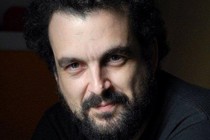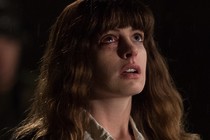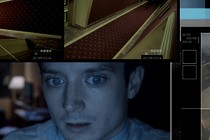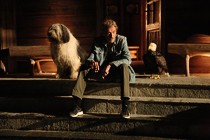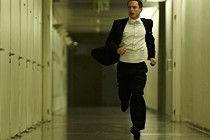Open Windows: Anyone can be a monster
- Nacho Vigalondo reflects and criticises in this split-screen thriller about information overload, spying in the home and the great deceptions of the internet age
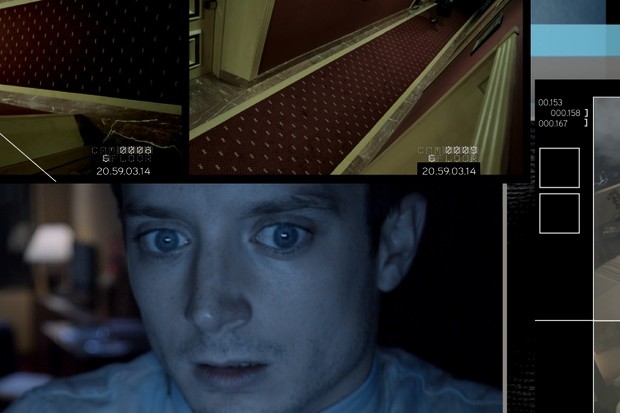
At the last edition of SXSW in Austin, two Spanish films made their debuts, and they had one thing in common: they both dealt with the effects that technology is having on human interaction, but using formal approaches and opposing narratives. While Long Distance [+see also:
film review
trailer
interview: Carlos Marques-Marcet
film profile] realistically and naturally portrays a couple’s long-distance relationship, Open Windows [+see also:
trailer
interview: Nacho Vigalondo
film profile] - the third feature by Nacho Vigalondo - opts for fantasy, clever tricks and action as its raw materials in order to construct a highly critical film about how these same technologies change us – for the worse.
It is actually in Austin itself where the movie’s action is set, starting off all light-hearted but ending up like a nightmare. In the Texan city, a filmmaker is presenting his latest film: one of those commercial titles designed to draw in young audiences. The director (played by Vigalondo himself, a showman who has already made the leap in front of the camera in several of his other projects, such as the short Choque and his debut film, Timecrimes [+see also:
film review
trailer
interview: Alejandro Miranda
interview: Nacho Vigalondo
film profile]) is accompanied by his lead actress, Jill Goddard (played by Sasha Grey), a woman who is fed up of being exploited by this brutal and dehumanised industry. However, we are watching the action through a computer screen, which is in turn split into other screens, from that of a mobile phone to a laptop, or a screen relaying the images captured by a webcam.
Another of these windows shows us the hotel room in the same city where Nick Chambers, a fan of Goddard (played by Elijah Wood, who is once again taking part in a Spanish film after having appeared in Grand Piano [+see also:
film review
trailer
interview: Eugenio Mira
film profile]), is awaiting the moment when he can go and have dinner with her, as he has won a competition that has given him the chance to enjoy this privileged opportunity that so many long for. The plot begins to take an unexpected turn when the actress refuses to carry on being part of this tiresome and ridiculous charade... especially when a despotic hacker arrives on the scene, barking orders, blackmailing the naïve fan and putting pressure on the star.
We are therefore watching a film that supplies us, just as modern-day life does, with information through a number of different channels: a multitude of windows – which are always open – continually tell us what is unfolding in the different scenes, in real time. And, as is already the case, this information overload starts off by seducing us, then overwhelms us and, finally, totally consumes us.
Vigalondo offers the viewer a real show, twists, turns and a plot that are all critical of what technology has brought us: in this case, manipulation, lies and the misuse of power have free rein, reaching unsuspected heights. Voyeurism, attacks on privacy, identity theft, exploitation and spying have now all turned out to be highly accessible, boosted by a complete lack of ethics and principles, because simply by using the digital tools that we all enjoy, anyone can be a criminal.
Taking his cues from masters such as Brian de Palma, Mario Bava and, of course, the omnipresent Hitchcock, Vigalondo gradually leads us through this jigsaw puzzle that demands our full attention; a maze that steadily cranks up the tension in the run-up to a finale that, unfortunately, runs into the same problem that it is condemning: confusion, chaos and information overload. Because in the third act, if we add up all the windows within windows, we get to the fourth or fifth one: here we see a computer inside another computer that is watching that same computer... This spiral and plurality are dearly loved by a filmmaker who is never afraid to take risks, constantly juggling with the film’s narrative.
(Translated from Spanish)
Did you enjoy reading this article? Please subscribe to our newsletter to receive more stories like this directly in your inbox.














